Fire and water damage are the number one factors
why many people lose their homes. It can be stressful if you ever have to lose your home to fire and water. Even though no one can control the future, steps can be taken to prevent these catastrophes from happening.
Avoiding Water Damage
Clean Your Gutter
Every house should have a gutter and the gutter should be cleared at all times. The gutter is responsible for directing rainwater away and not flowing down onto the exterior wall. The gutter is prone to accumulating debris. Therefore, you should make the effort to climb up your roof and clean the gutters now and then. To check the gutter, run a hose in the gutter. The water should flow toward the downspout and drain away. If the gutter is stagnant with debris, the water will freeze in the winter. It will eventually damage the gutter and spill onto the foundation which leads to water damage in the basement.
Check Your Appliances
Appliances account for 30% of water damage at home. Some of the parts can become worn out or the hose has cracked. You’ll need to call a plumber to check what is wrong with the appliance if you see a water pool. A plumber can offer a quick solution to all kinds of appliances problems so that you can continue to use them for your routine on the same day. Some of the appliances that you should inspect are hot water tanks, refrigerators, dishwashers, garbage disposal, and washing machines.
Higher Water Bill
The water bill can tell you if there is a water damage problem. Sometimes, you will see an increase in the water bill for no reason. You have been using the same amount of water but the bill you receive is higher this month. Chances are some of your pipes are leaking causing you to waste money on paying more water bills. You should have a plumber come over and check your plumbing system to see if there is any leaking. Local restoration companies can use advanced detection tools to detect leaks in the plumbing system.
Don’t Pour Grease Down the Sink?
You must remind yourself not to pour grease and oil down the sinkhole. Many foods and soup contain oil so make sure you don’t pour them into the sink. Grease and oil can stick to the wall. They can be solidified and cause cracks in the pipe. Eventually, the pipe will start leaking. The correct way to dispose of grease is to pour it into a can and let it sit overnight before discarding it in the morning.
Avoiding Fire and Smoke Damage
Check Smoke Alarms Regularly
You must regularly check your smoke alarms and make sure they are functioning. Besides, you should install a fire extinguisher in each room. A fire extinguisher is useful for putting off a small fire. Smoke alarms should be installed above the stove.
Watch the Stove When You are Cooking
The stove can easily get on fire if no one is watching. The fire could burn the nearby curtain or kitchen cloth or furniture and set the house on fire. This is why it is important to never cook anything on the stove without watching it. This applies to other open flames such as candles, fireplace, or fire you start outside. Kids and pets can play with open flames and accidentally start a fire.
Dispose of Your Cigarette Butts Responsibly
Many house fires are started by cigarettes. The cigarette butts can fall on the floor and start a fire in a fairly short amount of time. To avoid this, you should not smoke inside the house. When smoking outside, make sure you are at a distance from the flammable materials.
Overloaded Circuits
Many people are unaware that circuits can cause a fire when they are overloaded. It applies to all the circuits in the house. There is a maximum wattage in each circuit. Your electrician will be able to tell you the maximum wattage for the circuit. You mustn’t plug in too many electrical appliances in the house at one time. The circuit may spark and cause a fire.


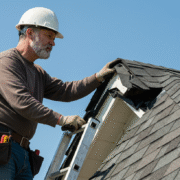

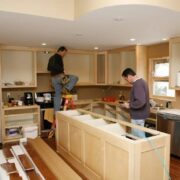
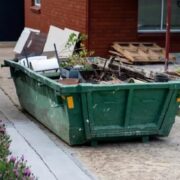





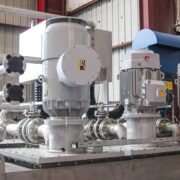
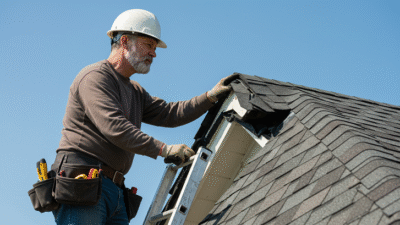




Comments